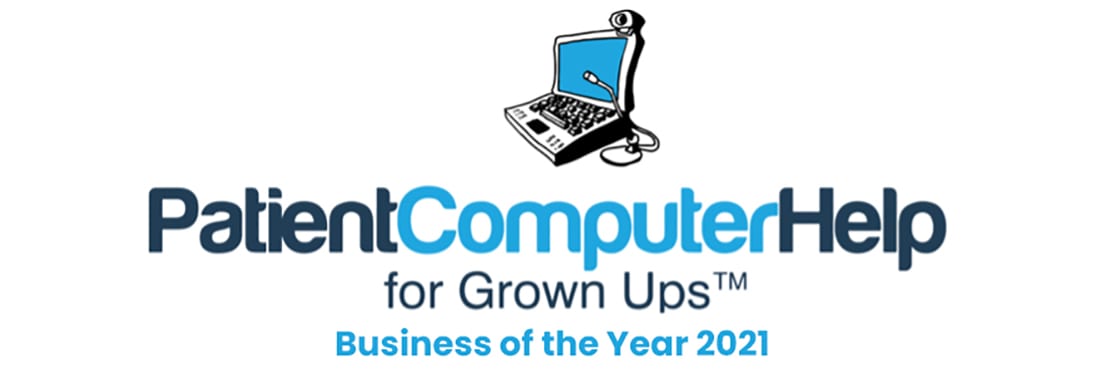
The internet is a valuable tool that you can use to stay in touch with friends, conduct research and more. As more people start using the internet than ever before, they are becoming more dependent on it, and criminals see this trend as an advantage that they can use against you. By the time you notice that your computer has been infected with ransomware, it’s too late to do anything. From the moment it gets installed, ransomware will start encrypting the files on your hard drive.
Your family photos, tax records and important projects will be locked. The encryption algorithm is so strong that the only way to access your files is to submit to the hackers’ demands, and they will likely ask for a significant sum of money. If you are not yet infected, then taking action to keep yourself and your data safe from harm is vital.
Backup Your Data
When you want to protect yourself from ransomware, backing up your important files is a good place to start. You can use an external drive to store the backup. However, with most ransomware, your external drive, if connected, will also get infected.
Thus, we recommend as a minimum to have TWO backups. One is the backup as discussed above, the second is an additional hard drive that is alternated with the first. In this way, if the computer and the backup are infected, you always have the second one to fall back on. We typically recommend alternating the backup drive every day or every week. (For further safety in the case of disasters, such as a fire or electrical strike, taking one drive home or to the office will ensure that you will always have a fairly recent backup of your files.)
For those not wanting to worry about plugging and un-plugging drives, a third option is to go with an online backup, such as from Carbonite or Gillware, both of which we re-sell. With online backups, while they are not immune from infection, if you contact us as soon as you discover the infection, we can restore files from the day before the infection started. This presupposes that you notify us less than thirty days after infection, as the typical plans call for retention of data for only that period.
A good belt-and-suspenders approach uses both the external drives and the online options. The online option is safest and most convenient. However, a full restore of your data via an online provider can take some time. Physical external drives are quicker.
You should back up your important files each time you make changes or updates to them if you don’t want anything to get lost or permanently destroyed. If you get infected with ransomware after backing up your files, you won’t need to worry because they will still be safe from harm. If you store anything valuable on your computer, backing up your files is always worth the effort. What’s valuable? Your Quickbooks? Your children’s pictures? Letters you’ve written? Tax filings? You decide…help us help you save it all.
Run Virus Protection
Not having an anti-virus program on your computer is risky, and you will have no way to defend against malicious programs that were designed to steal your information and harm your computer. Some people install and a run program that offers protection from harmful software, but they don’t keep it updated, rendering it useless.
An updated anti-virus program will scan for known versions of ransomware, and it will attempt to contain it before the ransomware takes control of your computer. No program can offer complete protection from ransomware, but it will go a long way in keeping you safe and reducing your risk of an infection.
In addition to a good anti-virus program, we are now recommending inclusion of active malware and anti-exploit technology from Malwarebytes. Exploits are compromises in your internet browsers (Chrome, Firefox, Edge, Internet Explorer) that the bad guys take advantage of as soon as they’re discovered. Infections through this route are not technically viruses. This is a common way for ransomware to enter your computer when you visit an infected website (this happened to thousands of visitors to the New York Time’s website last year). Malwarebytes Anti-Exploit(r) can help prevent these attacks.
Lastly, if the worst happens and your data is ransomed, Patient Computer Help maintains a small stash of BitCoin, the currency normally needed to pay off the ransom. Typically getting BitCoin for the first time is a lengthy process, and somewhat daunting as well, so we have this as a service to our customers.
Take Preventative Measures
In addition to running system backups and using anti-virus software, learning the proper steps to take when your computer gets infected can help you minimize the damage. Once the ransomware has done its job on your system, it will start looking for other computers in your network to infect.
So, it’s vital you disconnect your computer at the first sign of trouble when you don’t want the virus to spread to other systems. At this point, the damage to your machine has already been done, but you need to ensure that the other computers were not infected if you don’t want the cycle to repeat. If you have enough experience, you can scan each system to prevent further damage from occurring.
Final Thoughts
Most people are caught off guard when ransomware strikes, and they lose a lot of important data as a result. The time to act is now if you don’t want to end up at the mercy of a hacker who wants to extort money from you. Never overlook the importance of making backups consistently.
For help with Backup Strategies to Prevent Ransomware please contact us today.
